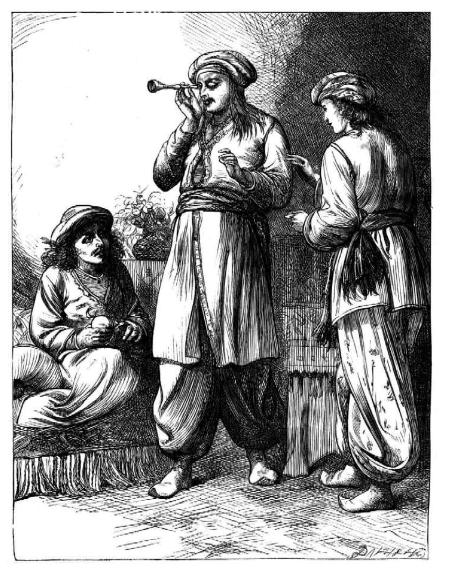Real Time Club, 23 November 2010
This event garnered a significantly higher than average attendance, just squeezing into the National Liberal Club room we had. Higher attendance meant more demanding acoustics and our guest of honour did her very best to speak without a proper sound system for such a number. That said, she rose above the obstacles to set out some excellent arguments and lead a vibrant debate with the audience.
Aleks opened with some points about the original intentions behind the internet community and the culture of the web being broken. Perhaps foremost amongst the original intentions was serendipity, meeting and exchanging virtually with strangers. Recognising that one can view the web as an agnostic series of tubes – just communications technology – Dr Krotoski noted that that was not the founding ethos. The founders of the web had ideals, principles and emotion. Without quite claiming the web is broken, she pointed out that simply “finding” things undermines the ethos of the web. The webs was supposed to establish relationships. These relationships were meant to be about sharing and co-creating information. As people developed information together there would emerge positive feedback and credibility. These are people “like us”. From this credibility emerges Dr Krotoski’s area of research, “social influence” as exhibited on the internet.
Dr Krotoski noted the similarities between online and offline influence. She discussed intra-community influence (influence “us”) and extra-community influence (“leaders”). She noted, with a tinge of regret, that technology is reinforcing patterns perhaps more than creating new ones. “We are all our demographic”. She elaborated about the effect on self-actualisation of “living in public”. The more people realise they are living in public the more it affects their decisions about what they choose to do and who they become. She concluded with the thought for discussion that it might be a good thing if we stop getting what we want on the internet and instead seek to inject more serendipity, more randomness into our encounters.
For a mixed group of internet, let alone web, oldies and more recent technology converts, the idea that effective functionality had a negative trade-off with serendipity aroused some intriguing thought and remarks. Among them:
- Do we need more Luddites in the internet communities? Does advertising reinforce our views?
- Where do ideas come from? Is serendipity an ideas generator or just wasted time?
- An interesting question, which Dr Krotoski sparked, about how many people press “I’m feeling lucky” button to seek serendipity. In actuality the button is ridiculously simple: it takes you to the number one site for the given search term or keyword. No randomization, just the top match.
- Some discussion about privacy, fictitious online identities and a number of members getting close to revealing some gender jarring mismatches.
- A ponder about whether the loss of serendipity was actually harking back to a non-age as the law of large numbers comes into effect with the success of the internet. Perhaps it’s just a numbers game and we should expect people to match their demographic in large numbers.
- Was Aleks really discussing the reason that “walled gardens” of content, e.g. Apple or the long-defunct AOL, might work, or was that model ultimately broken?
- Have we stepped one step away from reality and the increased disassociation is affecting our reactions?
- A discussion on whether games are socialisation and whether there is quite a bit of serendipity within them.
- A question about how one might measure degrees of serendipity between online and offline, but a further remark that perhaps the interaction of online and offline had decreased free will slightly. Story too about a godson who deliberately seeks more diverse views online – “chatting with fascists”.
- A most intriguing suggestion from Aleks – “follow three people you hate on Facebook for a week”.
For those interested in the next next big idea, it would seem that ways of injecting serendipity and randomness into online communities, without undue frustration, could be a great business area. Aleks at one point noted that one “should never meet your heroes, meet strangers”, but the many who came that Tuesday evening wouldn’t have agreed with her about herself.


